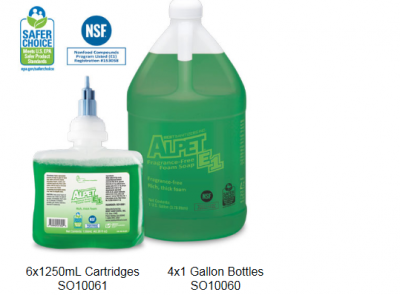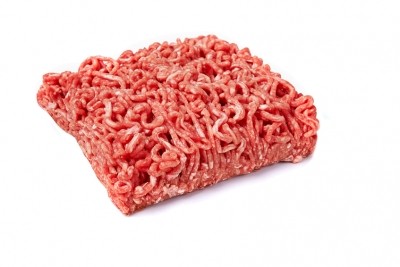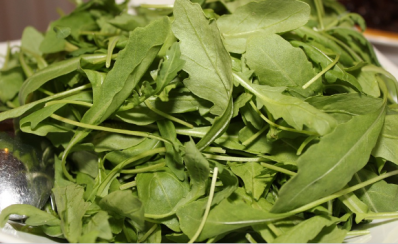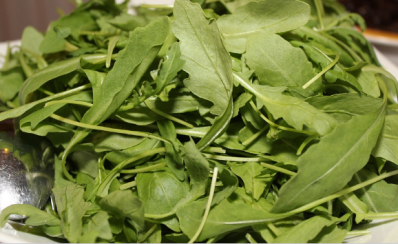The latest update reported more than 100 people ill
PHE: E. coli O157 not yet detected in food samples
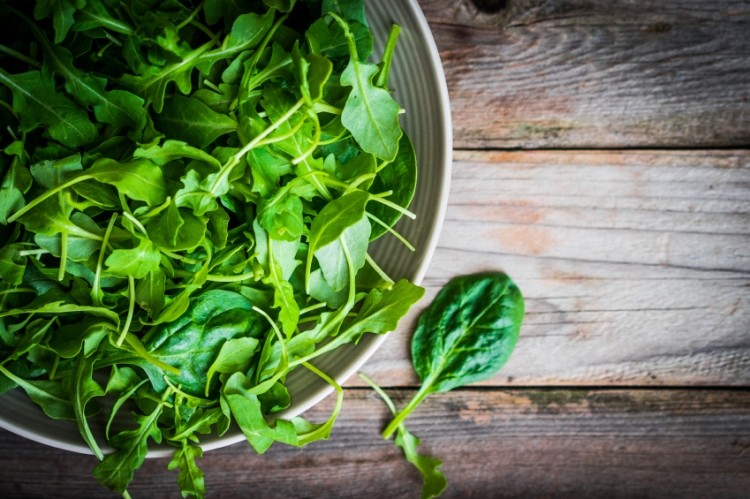
A total of 102 cases have been reported in England, six in Wales and one in Scotland with the majority in the South West of England.
One person with a probable E. coli O157 infection has died but it is not yet known to what extent the pathogen caused or contributed to the death.
At least 45 people have been hospitalised but the majority have been discharged and are recovering at home.
Case demographics
Most cases are adults and females have been affected more than males. Cases have reported symptoms started between 31 May and 25 June, according to the latest update.
Several of those sickened said they ate mixed salad including rocket leaves prior to becoming unwell but other food items have not been ruled out as the source.
PHE told FoodQualityNews it became aware of the possibility of an E. coli O157 outbreak in the South of England at the end of June.
“Food sampling is ongoing but E. coli O157 has not been detected in any food samples to date. No individual wholesaler, supplier or retailer has been confirmed as the source at this stage.
“Where food has been contaminated with E. coli O157, it is not always possible to identify the bacteria on food testing.”
The strain involved in the outbreak is phage type (PT) 34.
PHE has heightened surveillance for this strain and is monitoring the reporting of cases across the country.
It has also convened a national outbreak control team to identify the source of infection and ensure necessary control measures are put in place.
Advice to public
PHE said it will continue to issue the necessary public health advice as our investigations continue.
“PHE is using various methods including the method of Whole Genome Sequencing (WGS) to test both samples from those affected and food samples. WGS technologies are at the forefront of improving the diagnosis and control of infectious diseases.
“For now, our best advice is for people to remove any loose soil before storing vegetables and thoroughly wash all vegetables (including salads) that will be eaten raw unless they have been pre-prepared and are specifically labelled ‘ready to eat’.
“Those who may have the infection should also be aware of the risk of transmitting the bacteria to other close contacts.
“It is vital for everyone to wash hands thoroughly using soap and water after using the toilet, before and after handling food and after contact with any animal and pets, including farm animals. Small children should also be supervised when washing their hands.”
